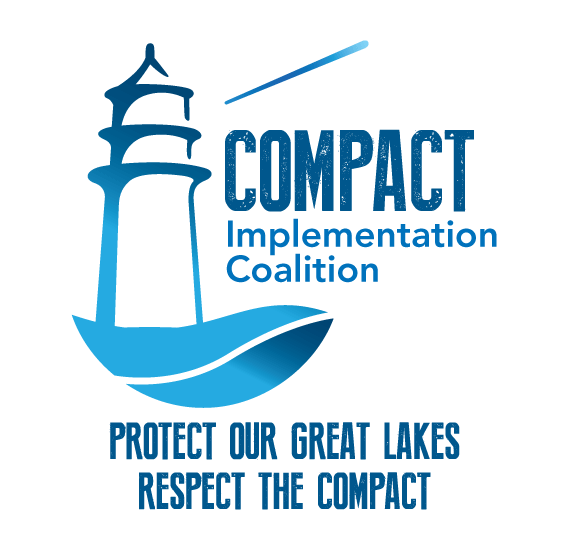Groups challenging Racine diversion seek a hold on construction for new water infrastructure
MADISON – On Friday afternoon, Midwest Environmental Advocates and several groups challenging the proposed diversion of Great Lakes water for the Foxconn plant filed requests to stay the diversion that they contend violates the terms of the Great Lakes Compact. The filings do not seek to prevent Foxconn from moving forward with general construction. Rather, the filings ask the court to put a hold on the Wisconsin Department of Natural Resources’ diversion approval during the ongoing legal challenge. Additionally, the groups have requested that the City of Racine hold off on beginning any construction work on new water infrastructure related to the proposed diversion of water from Lake Michigan.
The City of Racine has awarded several contracts to improve water mains relating to the proposed diversion of water from Lake Michigan. However, no actual construction has begun. The groups challenging the diversion want it to stay this way. In addition to filing an action in state court seeking a hold on the diversion while the challenge is being resolved, Midwest Environmental Advocates has asked Racine to voluntarily suspend planning and construction activities relating to the proposed diversion, stating in a July 13th letter, “the City of Racine will place itself in a better position to avoid and mitigate unnecessary expenditures during the pendency of the legal challenge.”
Midwest Environmental Advocates, League of Women Voters Wisconsin, Milwaukee Riverkeeper, and Minnesota Center for Environmental Advocacy are awaiting a hearing on their challenge to the proposed diversion of up to seven million gallons of Lake Michigan water per year outside the Great Lakes basin.
“It doesn’t make sense to spend money and time building infrastructure before completing the review of whether this diversion is legal under the Great Lakes Compact and Agreement,” said Jimmy Parra, Staff Attorney at Midwest Environmental Advocates. “These filings protect the Great Lakes, and also prevent the company and water customers of the City of Racine from being stuck with unnecessary costs while review of whether this diversion complies with the Great Lakes Compact and Agreement is proceeding.”
“Given the international significance of the Great Lakes Compact, we believe it’s best for all parties to pause construction relating to the Lake Michigan water diversion while the legal challenge is addressed,” explained Jodi Habush Sinykin, counsel with Midwest Environmental Advocates. “Fairness and equity demand that the status quo be maintained while this matter is awaiting resolution before the courts.”
